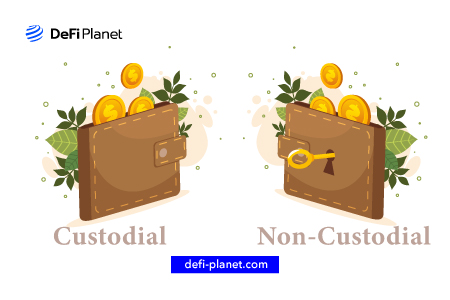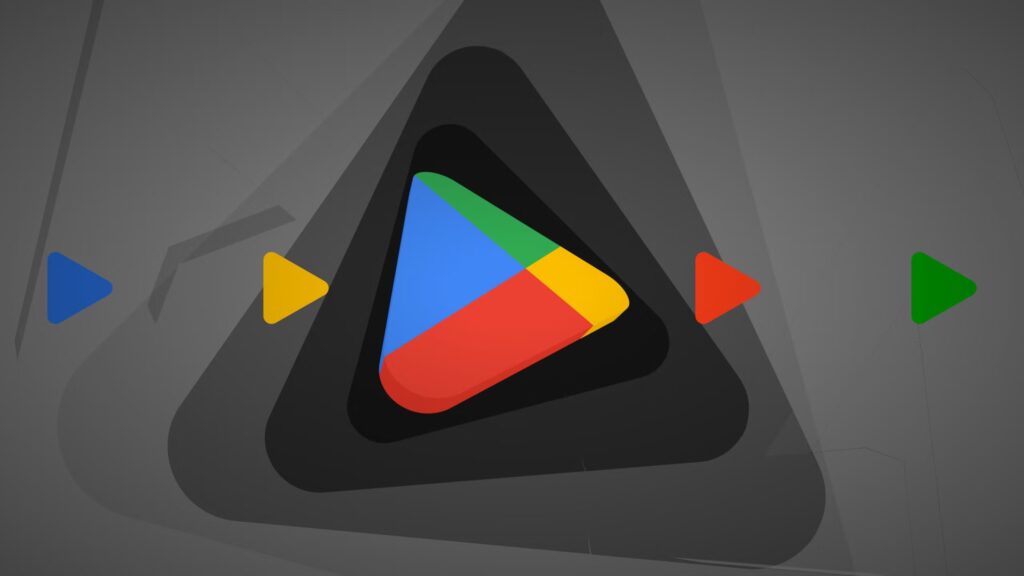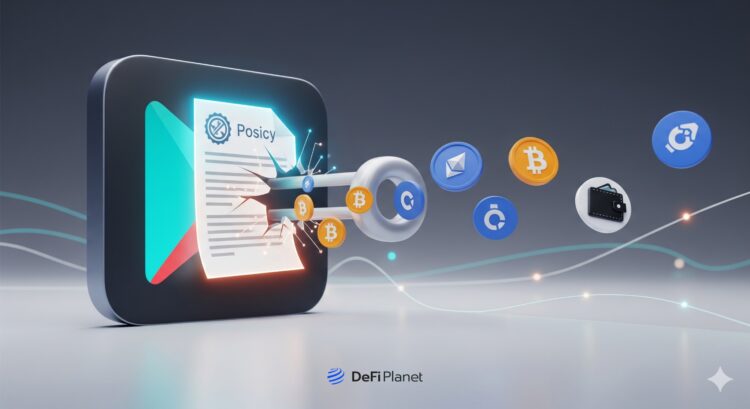Quick Breakdown:
- Starting October 29, 2025, custodial crypto wallet apps on Google Play must obtain licenses in 15+ jurisdictions (including the U.S. & EU), while non-custodial wallets remain exempt.
- Custodial wallets may face restrictions or removal, prompting users to adopt non-custodial options where they control their own private keys, thereby enhancing security but increasing onboarding challenges for newcomers.
- Wallet creators must adapt apps to meet non-custodial standards, redesign features, and balance usability with compliance, opening opportunities for innovation in DeFi, NFTs, and privacy-focused tools.
In August 2025, Google Play announced a significant update to its policy on cryptocurrency wallet applications. Effective October 29, 2025, developers of custodial crypto wallet apps will be required to obtain licenses in over 15 jurisdictions, including the United States and the European Union.
These Google Play privacy policy requirements aim to enhance regulatory compliance and user protection within the digital asset ecosystem. Initially, there was concern that non-custodial wallets would also follow these new requirements. However, Google Play clarified that these wallets are exempt from the licensing mandates. This policy shift has garnered attention from both users and developers.
Custodial vs. Non-Custodial Wallets
A custodial wallet is one where the service provider holds and manages your private keys. Essentially, the provider controls access to your funds, which means you rely on their security measures and policies.

This setup can be convenient because you don’t need to worry about losing your keys, but it also means your crypto is vulnerable if the provider faces hacks or mismanagement.
In a non-custodial wallet, you are the sole owner of your private keys. Only you can access and manage your funds, giving you full control and responsibility. This setup is often considered more secure against platform failures or breaches, but it requires careful management; losing your keys can mean losing your funds permanently.
Key Differences
The primary differences between custodial and non-custodial wallets center on security, responsibility, and convenience. Custodial wallets offer ease of use and recovery options, but place trust in a third party. In contrast, non-custodial wallets provide full control and autonomy, albeit at the cost of personal responsibility. Users must strike a balance between convenience and security when selecting the right wallet type for their needs.
What This Policy Means for You
With the new Google Play privacy policy requirements, only non-custodial wallets may meet the eligibility criteria, meaning some custodial wallet apps could be restricted or removed. Users may notice certain apps becoming harder to find or unavailable in their region, while compliant wallets continue to be accessible.

Impact on Updates and Features
Wallet developers must ensure their apps meet the non-custodial criteria to release updates on the Google Play Store. This could slow the rollout of new features or bug fixes for apps that don’t comply, while compliant wallets may benefit from clearer guidance and continued platform support.
Security Considerations
For users relying on non-custodial wallets, the policy underscores the importance of personal security. Since you control your private keys, you are responsible for safeguarding them. Users should use strong passwords, enable two-factor authentication where available, and back up recovery phrases to protect their funds from loss or theft.
Developer Perspective: Why This Matters for App Creators
The Google Play privacy policy requirements mean that wallet developers must ensure their apps are fully non-custodial to comply with Google Play’s policy. This includes demonstrating that users control their private keys and that the app does not hold or manage funds on behalf of users. Meeting these requirements is essential to remain listed on the platform.
Challenges in Maintaining Functionality
Developers may face hurdles adapting existing apps to meet non-custodial standards. Features that previously relied on custodial services, like built-in exchange or custodial backup, may need to be redesigned or removed, which can affect user experience and slow development timelines.
Opportunities to Innovate
Despite these challenges, the policy creates room for innovation. Developers can focus on building secure, user-controlled wallet experiences, integrate new DeFi or NFT features that respect non-custodial principles, and differentiate their apps by emphasizing privacy, transparency, and security, qualities increasingly valued by users.
Impact on Adoption: Could This Make Wallets Easier or Harder to Use?
Google Play privacy policy requirements are reshaping how users access and interact with crypto wallets, with potential effects on usability, security, and adoption.”
Potential Barriers for New Users
With Google Play limiting apps to non-custodial wallets, newcomers may face a steeper learning curve. Users who are unfamiliar with managing private keys or seed phrases might find onboarding more challenging, which could slow initial adoption of crypto wallets on Android devices.
Encouraging Safer Wallet Usage
On the flip side, this policy pushes users toward wallets where they fully control their funds, reducing dependence on third-party custodians. This shift promotes safer practices, like securely storing seed phrases, and can lower the risk of hacks or mismanagement associated with custodial wallets.
Impact on App Availability and Choice
Some popular custodial wallets may be restricted or removed from Google Play, limiting choices for users who prefer simpler, managed experiences. This could push users to explore alternative wallets or third-party download options, influencing which platforms gain traction in the Android ecosystem.
Long-Term Implications for Mainstream Adoption
In the long run, the update could strengthen trust in crypto wallets on Android. While some casual users may struggle initially, increased security and transparency could attract more serious crypto participants, helping the ecosystem grow sustainably and encouraging wider adoption of decentralized finance and crypto-based services.
READ ALSO: Top 5 Crypto Wallets for Kids
READ ALSO: How To Set Up a Crypto Wallet for Your Child
Takeaway: What Users Should Know to Continue Managing Crypto Safely
To manage crypto safely under Google play privacy policy requirements, users should prioritize wallet security. This includes safeguarding private keys, using strong passwords, enabling two-factor authentication, and backing up recovery phrases. By following these steps, you can maintain uninterrupted access to your funds and reduce the risk of loss or theft.
It’s also important to stay informed about app updates and any further policy changes. Non-custodial wallets remain fully viable for everyday use, offering full control over your assets while complying with the new rules. By choosing trusted wallets and keeping up with developments, users can continue participating in the crypto ecosystem confidently and securely.
Disclaimer: This article is intended solely for informational purposes and should not be considered trading or investment advice. Nothing herein should be construed as financial, legal, or tax advice. Trading or investing in cryptocurrencies carries a considerable risk of financial loss. Always conduct due diligence.
If you would like to read more articles like this, visit DeFi Planet and follow us on Twitter, LinkedIn, Facebook, Instagram, and CoinMarketCap Community.
Take control of your crypto portfolio with MARKETS PRO, DeFi Planet’s suite of analytics tools.”






















